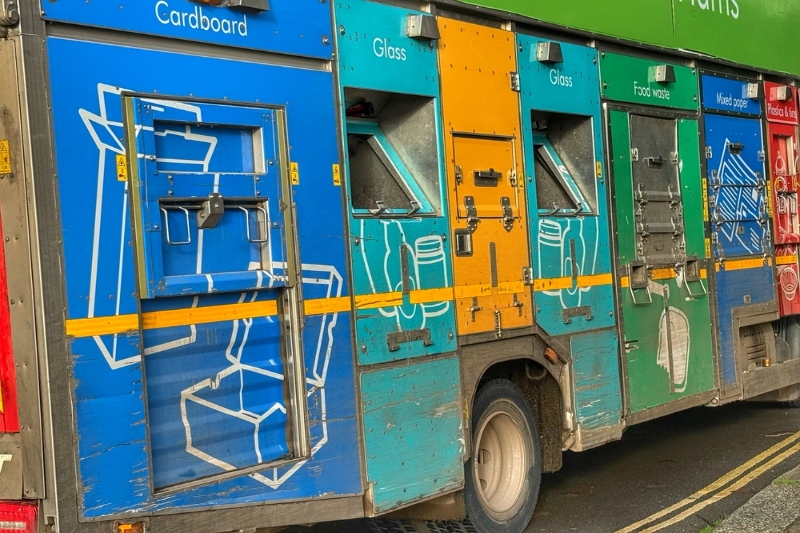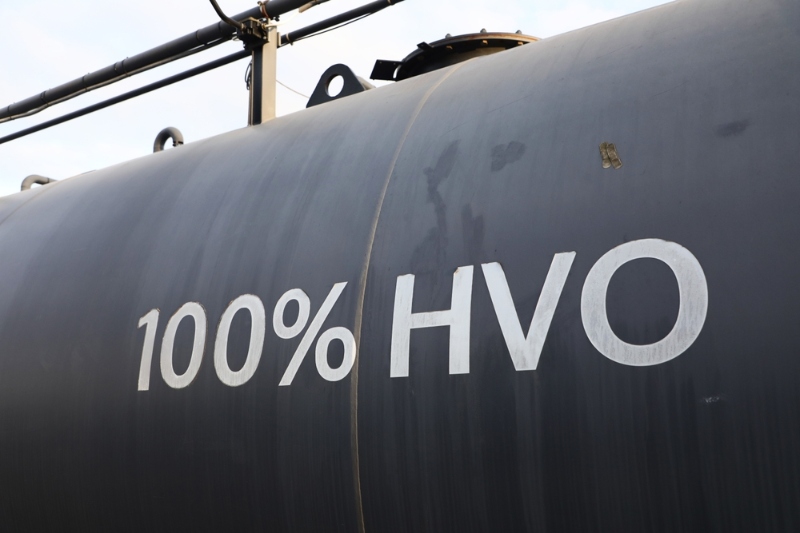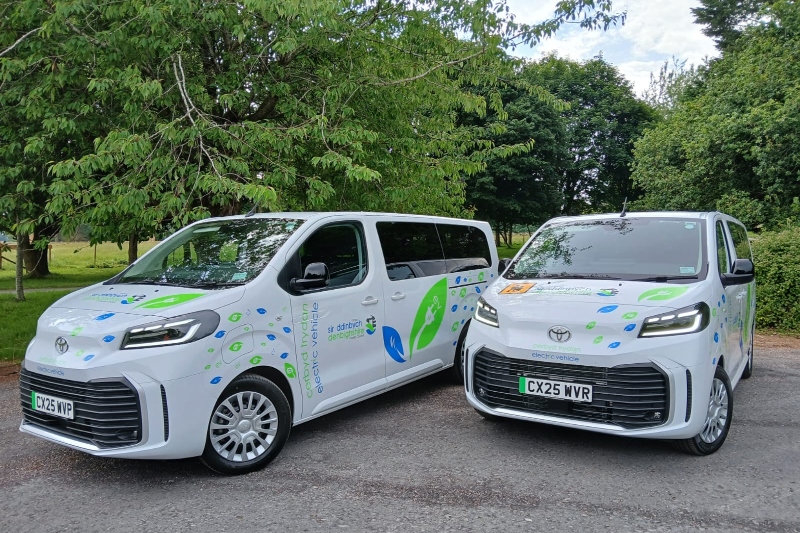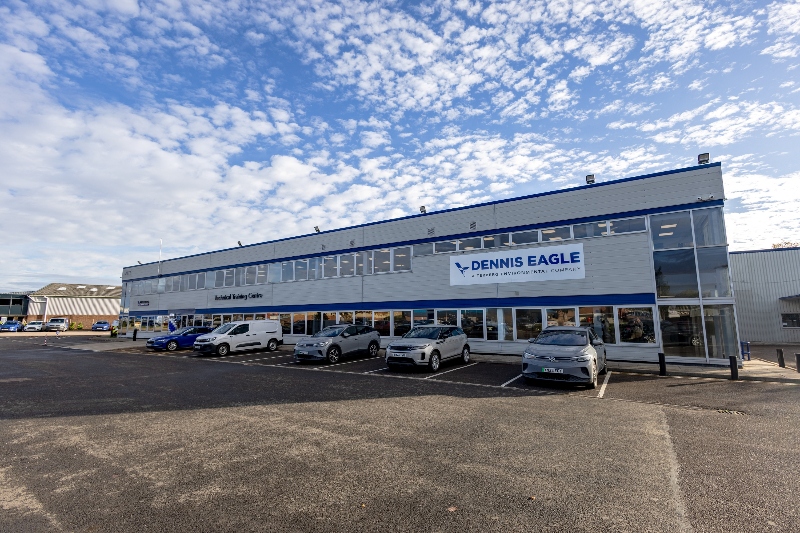The introduction of Clean Air Zones in Birmingham and Leeds has been postponed because of a government delay in delivery the digital systems required to make the zones operational and enforceable, according to a joint statement from Birmingham City Council and Leeds City Council.
The first CAZs in the UK were due to come into effect in January 2020 in anticipation that both cities would fail air quality legal limits by 2020. The zones will operate using a vehicle checker tool to be delivered by the government's Joint Air Quality Commission by October 2019. This technology will now not be available until October 2019, and the government will also no longer be providing the system to collect payments from non-compliant vehicles, asking the local authorities to deliver this instead.
Both councils have expressed their disappointment over the delay, stressing that they were on track to implement the Clean Air Zones on schedule and emphasising their continuing commitment to improving air quality.
Councillor James Lewis, Deputy Leader for Leeds City Council, said: ‘Despite this delay, we will continue to financially support owners of affected vehicles switching to less polluting models…as doing so is the best way to improve air quality prior to the charging zone's introduction. As planned, we will also begin to install the camera infrastructure required for the zone within the next few weeks.
‘The government now needs to outline new timescales that they are confident can be delivered in order to give residents and businesses across the country clarity and certainty about the future of these schemes.'
Councillor Waseem Zaffar, Cabinet Member for Transport and Environment at Birmingham City Council, expressed his disappointment at the holdup, saying it would delay Birmingham in achieving air quality compliance. ‘However, despite these challenges, we will continue to work closely with the Government and other cities to achieve compliance in the shortest possible time because our priority remains ensuring that the people of Birmingham have access to clean air, as is their basic human right.'







